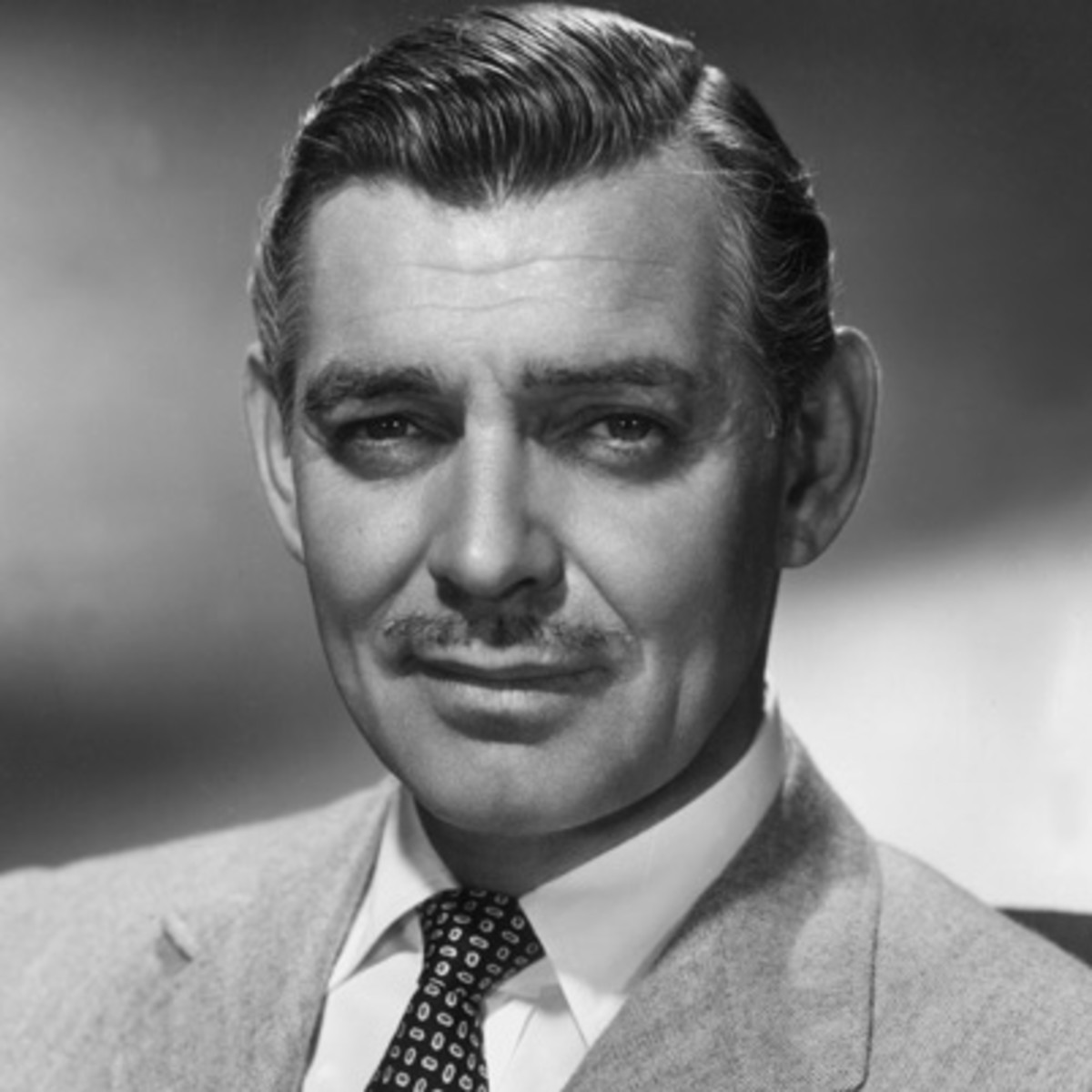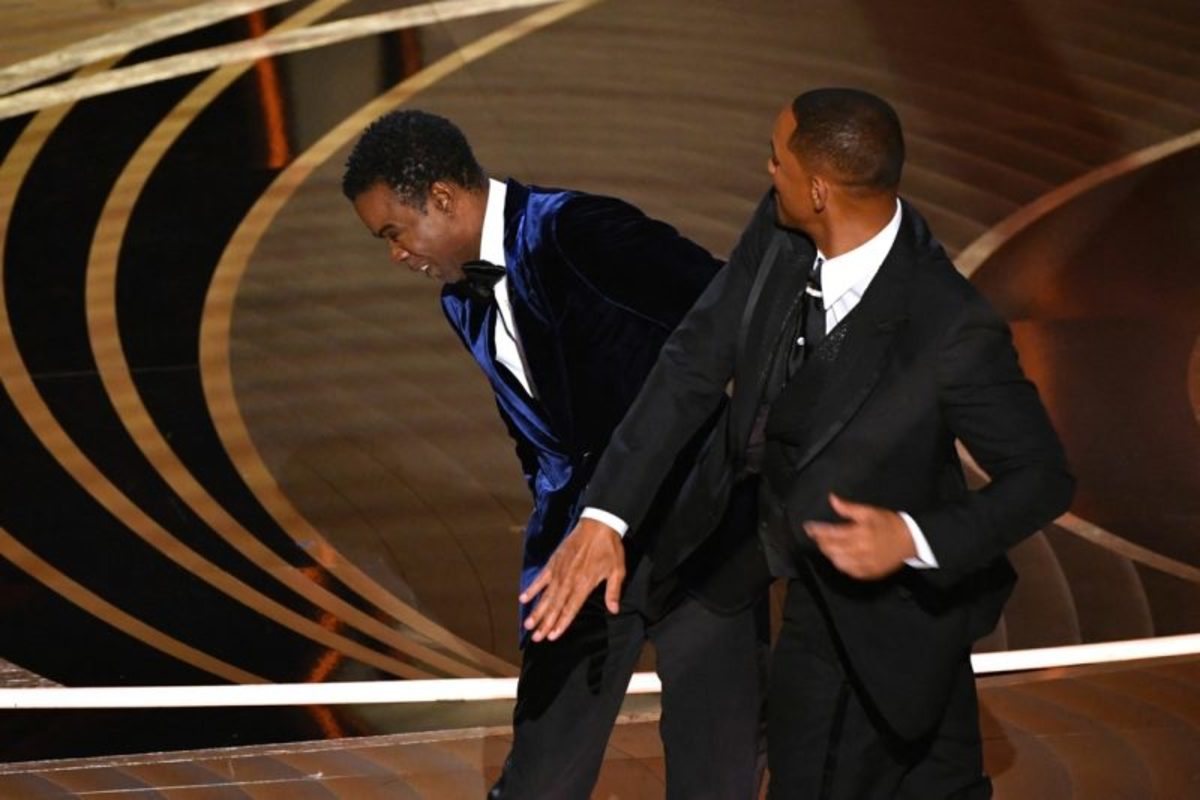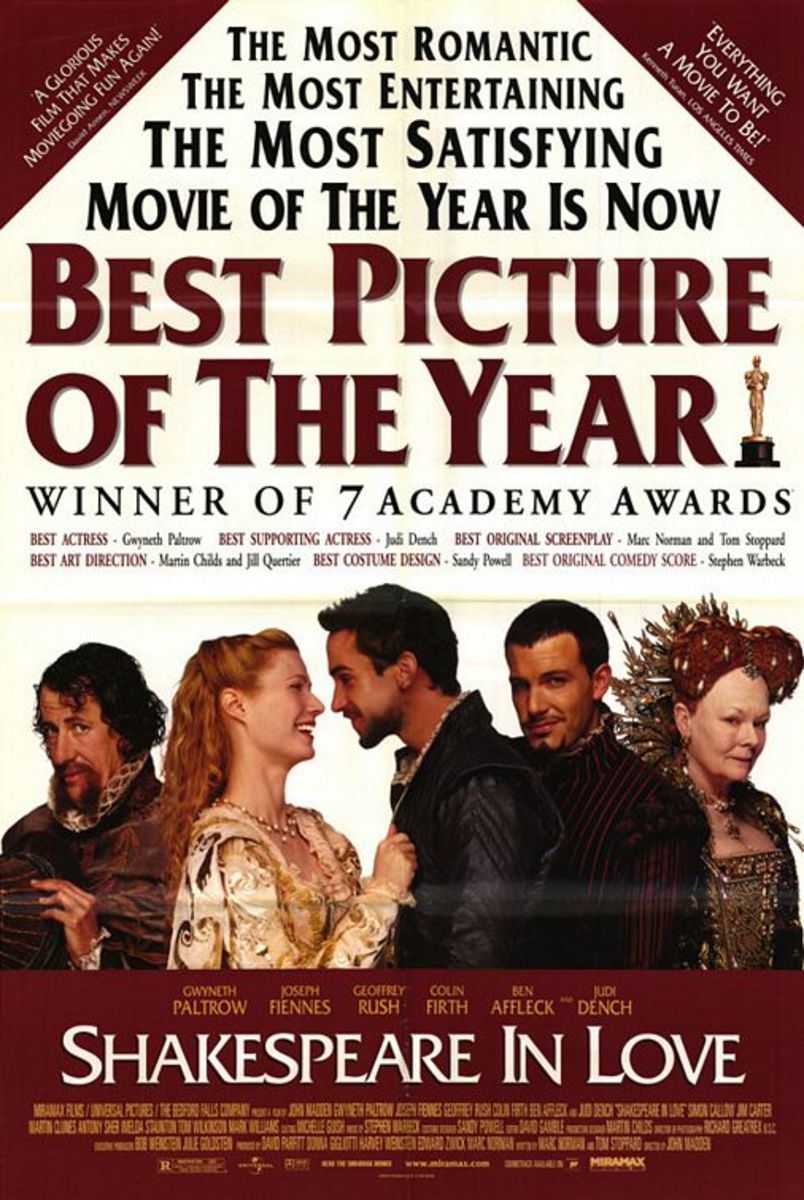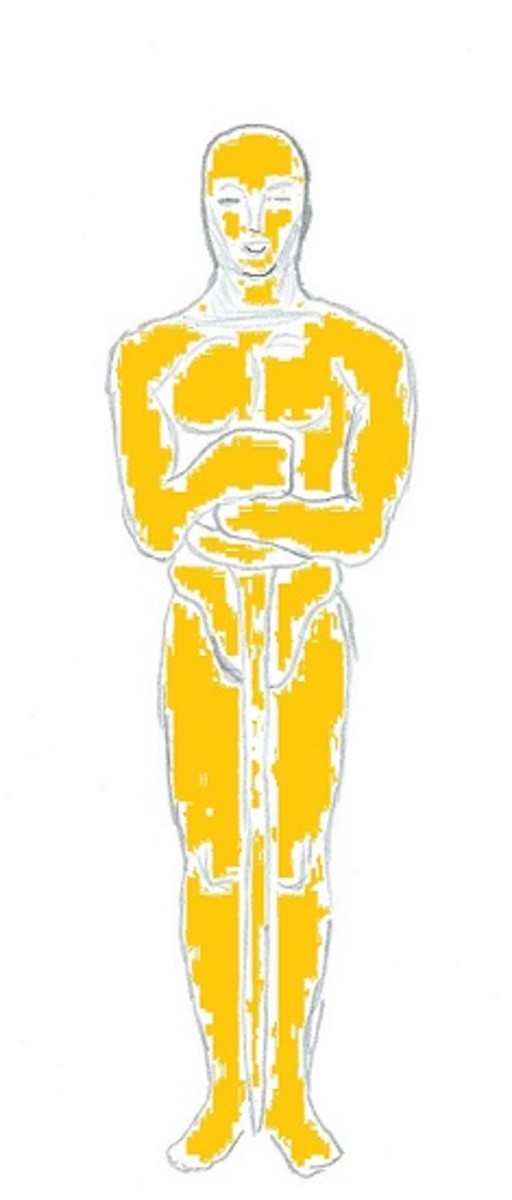Academy awards: What you may not know about it
Every year hundreds of millions of people all over the world watch on live television the Academy Awards celebrations. The Academy Awards is the oldest award ceremony for media in the world, it is also the biggest and most expensive media award anywhere on the planet.
The award is organized by the Academy of Motion Picture Arts and Sciences (AMPAS) to recognize excellence of professionals in the film industry including directors, actors, writers etc. and hundreds of thousands of movie professionals all over the world hope that one day they could be able to be nominated for the Academy Awards, or maybe they could even win the coveted Oscar.
Whether you’ve been watching the Oscars to see if your favorite movie or movie star wins, or to what clothes the stars are wearing or just to enjoy the glitz and glamour, here are a few things about the Oscars you might not have known before.
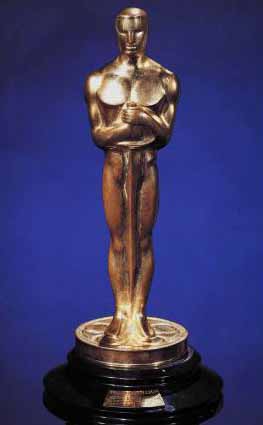
Early Years
The first ever Academy Award ceremony was held at the Hotel Roosevelt in Hollywood on may 16, 1929 with about 270 guests in attendance, each of them paid $5 and the Award ceremony was not even broadcast anywhere, even on radio. The award winners had been known by everybody for three months before the actual ceremony so it was nothing of a surprise. Subsequent awards were broadcast on radio until 1953 when the organizers decided to make use of the technology of that age and it began showing on T.V.
During those early years the names of nominees and the winners were quietly distributed to news media at 11pm on the night of the award for publication the next morning. In 1940 the Los Angeles Times Newspaper broke the news to the whole world before the ceremony was broadcast so the organizers stopped this practice and ever since, they’ve been making use of the sealed envelope and the names are not revealed to everybody –except the voters- during the ceremony.
Origin of the name
The statuette given to winners at the ceremony is famously called the Oscar but the actual name is the Academy Award of Merit and it was designed by Cedric Gibbons. It is made of gold-plated britannium on a black metal base and features a Knight holding a Crusaders Sword standing upon a reel of film with five spokes which represents the original branches of the Academy Awards: Actors, Writers, Directors, Producers and Technicians.
No one knows for sure how the statuette got the name of Oscar, but there are two very well-known stories on the name. : The first story says that movie actress Betty Davis named the statuette after her first husband, band leader Herman Oscar Nelson. The second story says that a movie executive’s secretary thought that the statuette resembled her 'uncle Oscar'. Actually I think the real story of the name must have come from a combination of both of these stories. In 1939 the statuette was officially named The Oscar by the Academy of Motion Picture and Sciences.
Rules
The Association of Motion Pictures and Sciences is a professional honorary organization of about 6,000 voters from various branches of the movie industry of which actors constitute the largest with about 1,400 members. Members of various branches nominate those in their respective fields while all members may submit for best picture. Winners are then determined by a second round of voting in which all members are then allowed to vote in most categories, including for best picture. For a film to be considered for nominations it must adhere to the following rules (among others).
A film must open in the previous calendar year from midnight on January 1st to midnight on December 31st, in Los Angeles, to qualify.
A film must be “feature length”. This means that it must be a minimum of 40 minutes, except for short subject awards.
Notable Boycots
In the course of its long history there had been a number of high profile and much publicized criticisms and boycotts of the Academy Awards some of the most notable are:
* Dudley Nichols who won the Best Writing Award in 1935 for “The Informer” boycotted the 8th Academy Awards because of conflicts between the Academy and the Writers Guild.
* George C. Scott who won the Best Actor Award in 1972 for “Patton” refused his award at the 43rd Academy Awards because, according to him, "the whole thing is a goddamn meat parade. I don’t want any part of it”.
* Marlon Brando who won the Best Actor Award in 1972 for “The Godfather” boycotted the ceremony and refused his award at the 45th Academy Awards ceremony citing the movie industry’s discrimination and mistreatment on Native Americans.
The Academy Awards has been held in over a dozen different venues including the Grauman’s Chinese Theatre, the Santa Monica Auditorium, and the Kodak Theatre at which it’s been held since 2002.
It is interesting to note that the Academy Awards has been held every year since it began in 1929. Even during the darkness of the depression and amidst the drums of World War Two the ceremonies had still been held. The Awards have only been delayed three times during its entire history: In 1938 for the floods in Los Angeles, In 1968 for the assassination of Martin Luther king Jr and in 1981 after the attempted assassination of President Ronald Regan when it was postponed for one day.
My dear Uncle Oscar has truly weathered many storms.


